The movie Julie and Julia follows the story of a young, frustrated writer who turns to cooking as a form of escape from her hated cubicle career. The movie is based on the true story of writer Julie Powell (played by Amy Adams) who took Julia Child's renowned cookbook, "Mastering The Art Of French Cooking", and wrote a daily blog narrating her attempts at each recipe.
Meryl Streep gives a striking performance in the parallel-timeline of the show as Julia Child as she discovers and masters her cooking skills. The film's representation of Child is very well done, and provides a helpful touchstone between the two characters, Julie and Julia. This allows the audience to better understand why the real Julia Child would likely not approve of Julie Powell--here's 10 things Julia Child would likely be unimpressed with.
10 Fussing Over Blog Views
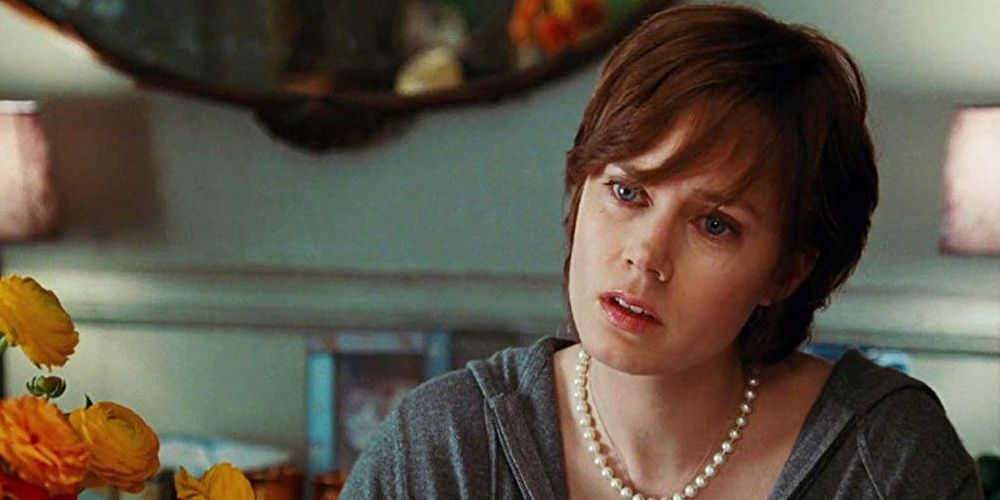
As soon as Julie gets her blog up we find her constantly analyzing the possibility of whether or not people are reading her blog. She is fixated on receiving approval from other people--and not just people close to her, but strangers.
Julia Child, on the other hand, was somebody who did what she wanted because she wanted to do it, and if somebody didn't approve, it was of no consequence to her. She was a woman who did not take herself too seriously, something Julie Powell definitely doesn't seem to be.
9 Being Mean To Her Husband
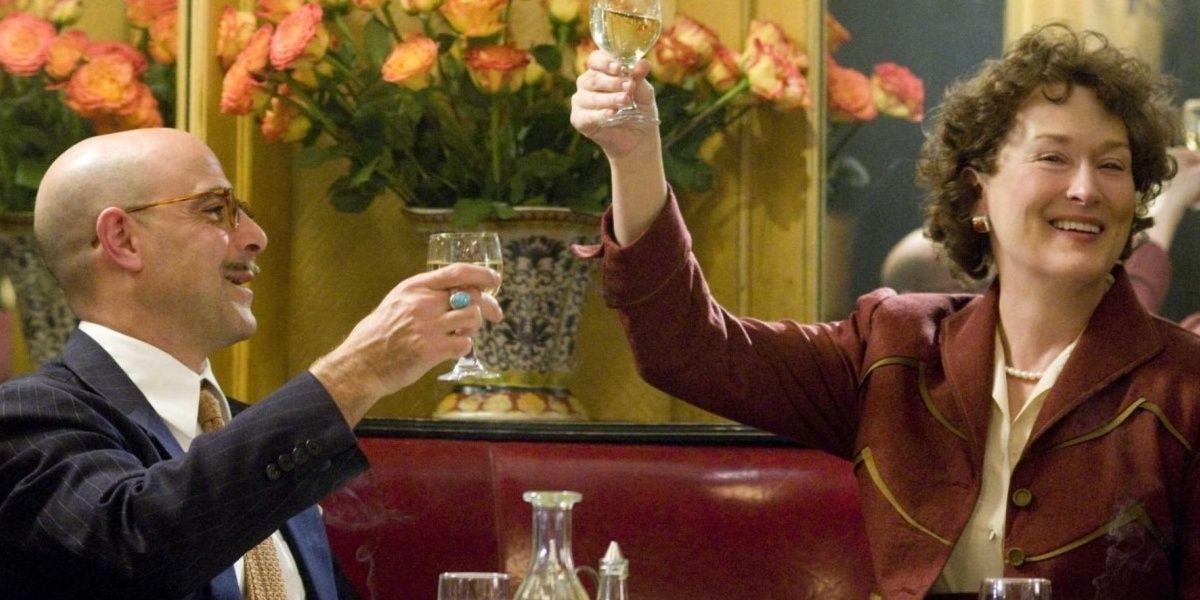
If the movie shows us anything, it's Julia Child's adoration and ultimate respect for her husband, Paul Child. The two are a duo of iconic love, and not in a cheap, Hollywood rom-com way. They support each other in their personal pursuits in life--through triumph and heartbreak.
They lift each other up rather than dragging each other down or relying on the other to fulfill them. Julie Powell admits to taking her husband for granted and resenting being married to him. Her occupation of cooking becomes an ego project, nothing similar to Childs' labor of love.
8 Fan-girling
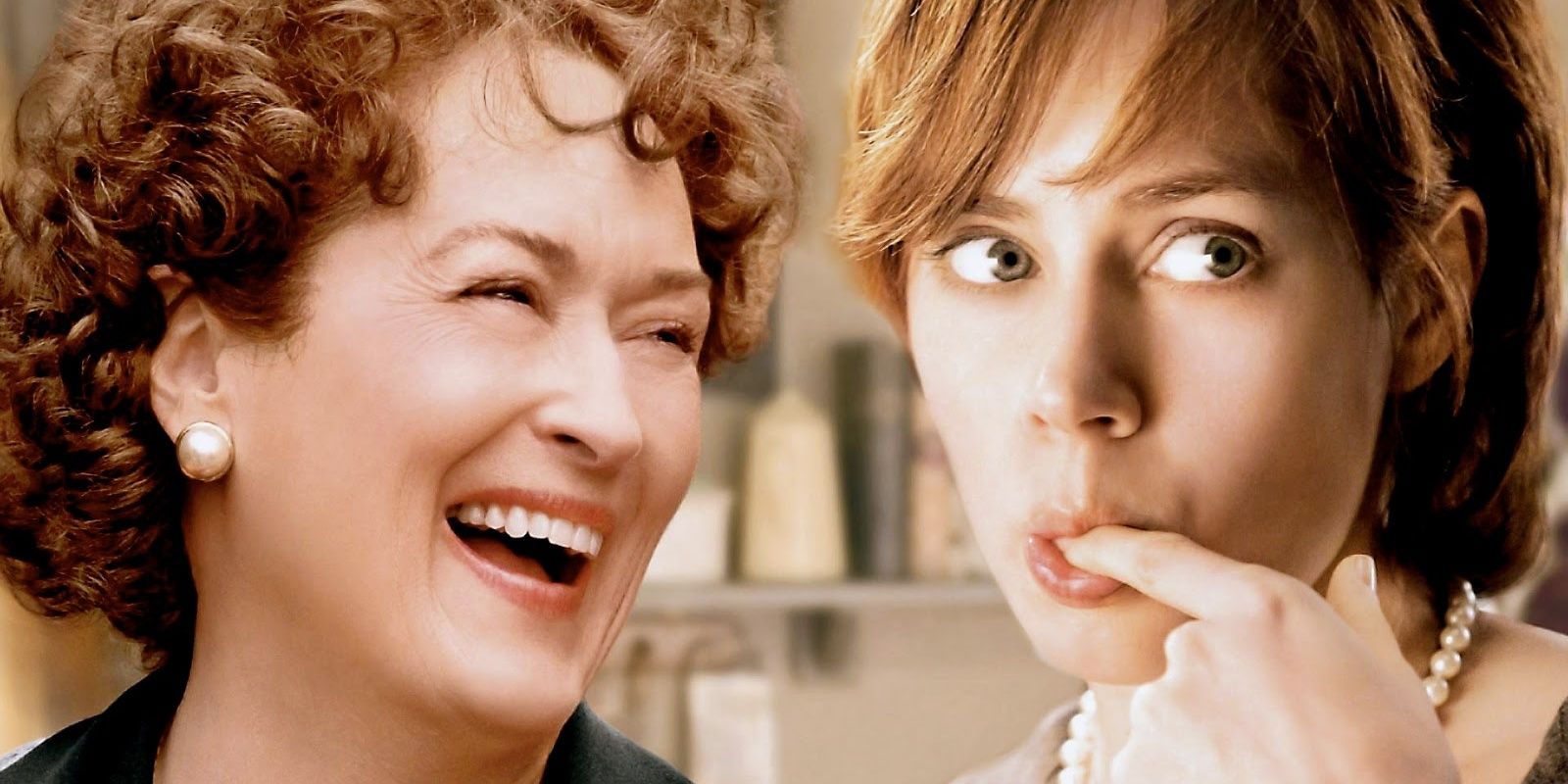
Powell idolizes Julia Child, and while this may at first seem complementary, being a fan does not always mean that you value the person for the right reasons--or even that you value that person at all. Most of the time, fandom is based around turning a person into a symbol, the subject of your personal fantasy.
In this case, Julia Child became Julie's pawn in a romantic tale of being lifted out of her unfulfilling life through a passion for food and a soul connection with Julia. In reality, this isn't really possible, because she doesn't know Julia. And if you're blogging about your life, it's at least partially for attention. Julia did nothing to please anyone else and would find it distasteful.
7 Basing Your Goal On Someone Else's Work
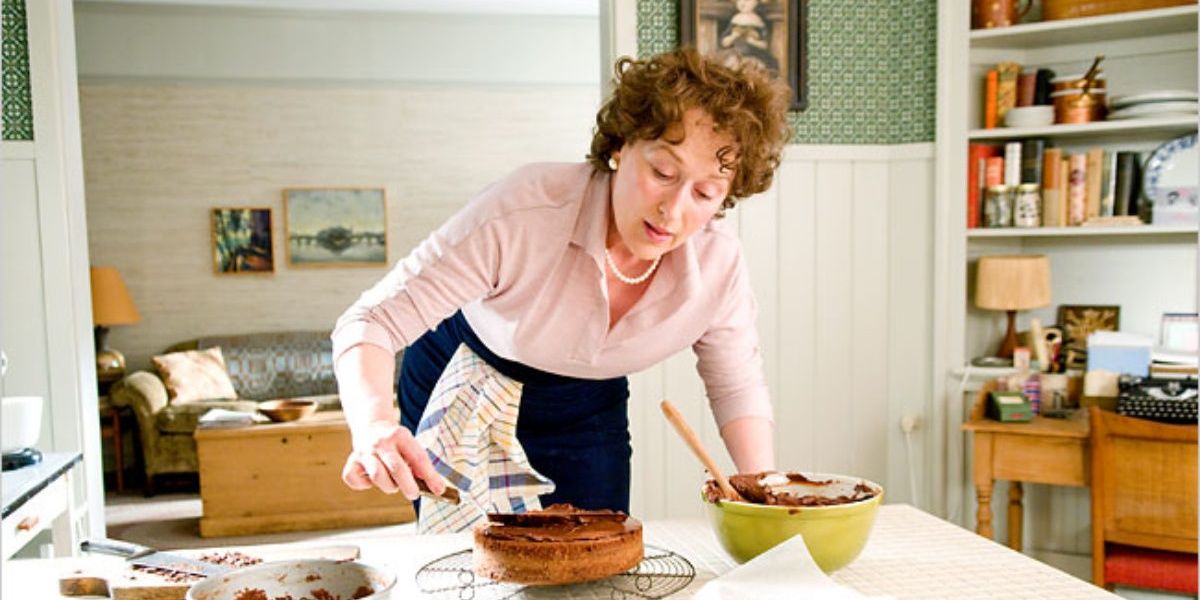
Julie began her blog because she was determined to start a project that she would finish. She had started a novel which she gave up on half-way, and was surrounded by friends working jobs she envied.
When Julia Child began her involvement in cooking, she too was at a point in her life where she didn't know where to turn and wasn't sure about what career would suit her. But Julia Child took cooking and elevated it, shaping her own narrative and creating something completely new. Julie Powell latched on to Julia's narrative rather than creating her own original work.
6 Complaining About Gaining Weight
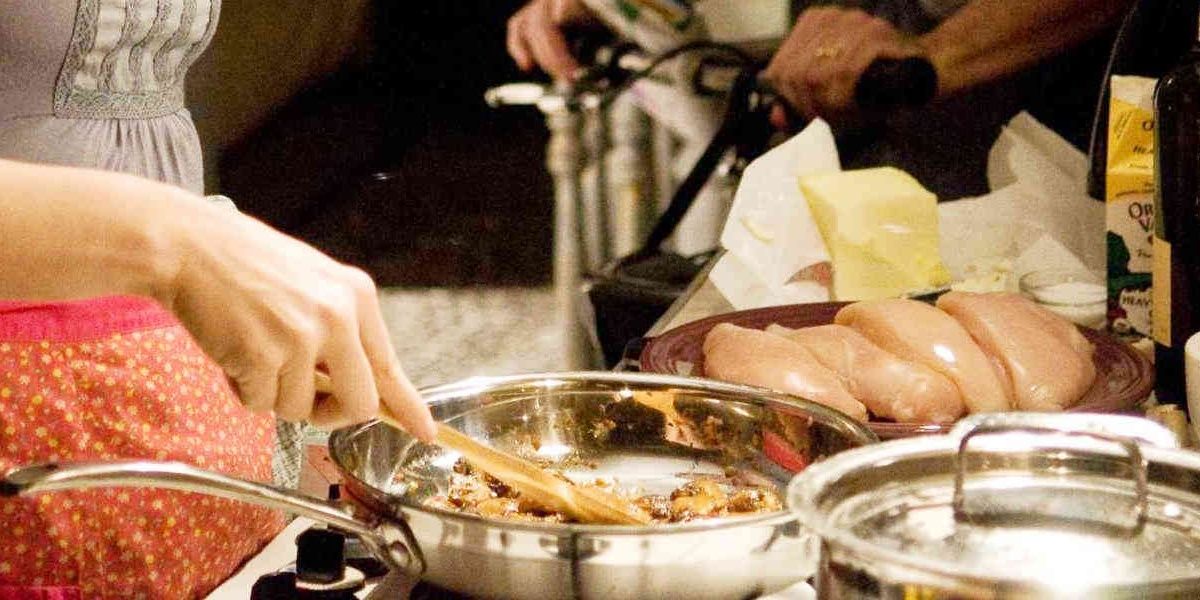
French cooking involves a ton of butter. Cooking in general--as a profession--involves a lot of eating much of the time, as one is usually a lover of food in the first place, and has to be constantly tasting new things in order to keep their practice up to par. In the movie, Julia comments on her love of food and openly laughs about how Paul can probably see her "growing" in front of him.
Although she lightly touches on the subject of body weight, she never treats it as a point of discomfort. Julie does. Julia Child embraces the situations she is in--Julie Powell complains about them.
5 Having Friends You Don't Enjoy

Julia Child knew the importance of savoring one's life and taking advantage of every moment. Part of such a life approach means not wasting time doing things you don't like, or being around people you don't enjoy. Julie is seen to attend a brunch with three old friends, all who treat her badly and who she complains about later in detail.
Julie is seen to cherish the interactions she has with people and even says that there is only one person whom she is around who she doesn't enjoy--the woman in charge of the cooking school who treats her terribly. Julia clearly values self-respect through only spending time with those who enjoy her; Julie does not.
4 Whining About Being a Quitter
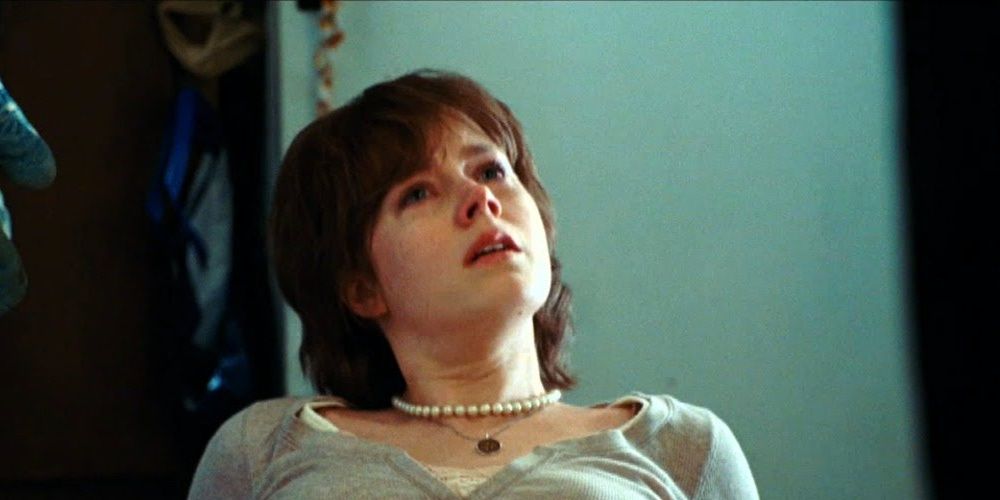
The long pre-ramble to starting her blog features the fact that Julie is a quitter. So, she has clearly been a quitter, and on top of that, she sits around monologuing about what a quitter she is and how she no longer wants to be a quitter. When Julia Child takes her first cooking class, she is overwhelmed at how far behind she is from the other members of the class.
Instead of quitting or letting it bring her down, she immediately goes home and practices and returns to class better than all of them. She didn't quit, and she didn't whine on about failure.
3 Comparing Oneself To Others
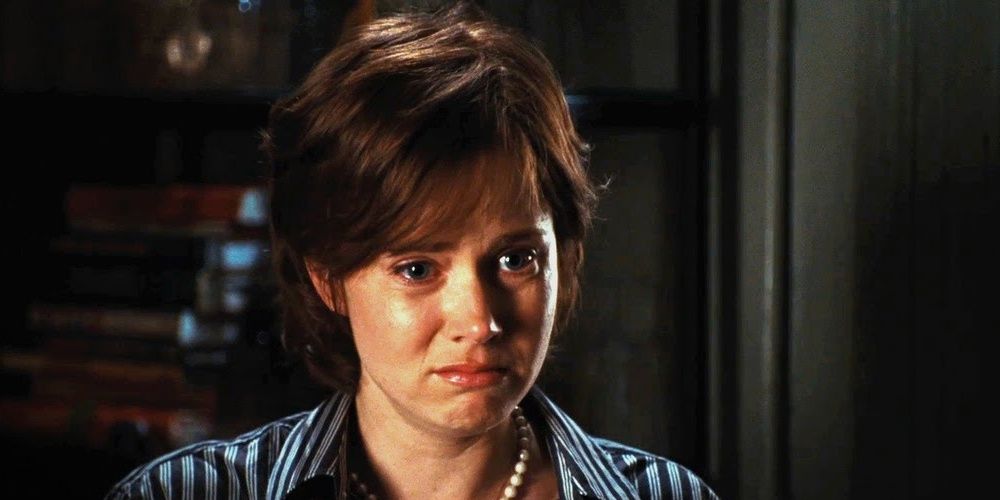
After the brunch with the friends she doesn't like, Julie rants to her friend about what bad friends the women she had brunch with are. She expresses her jealousy of them, and later on, continues to appeal to her husband about whether or not he believes she could be a writer and then insists that she thinks she would be a better writer than her friend.
Julie is greatly concerned about how her life compares to other people's lives, and this is a big reason for the eventual fight between her and her husband. She is so concerned with what people think of her that she takes her husband for granted, losing sight of what really matters. Julia cared little about what people thought, aside from her husband and those close to her, who's she held dear.
2 Memorizing A Bad Review
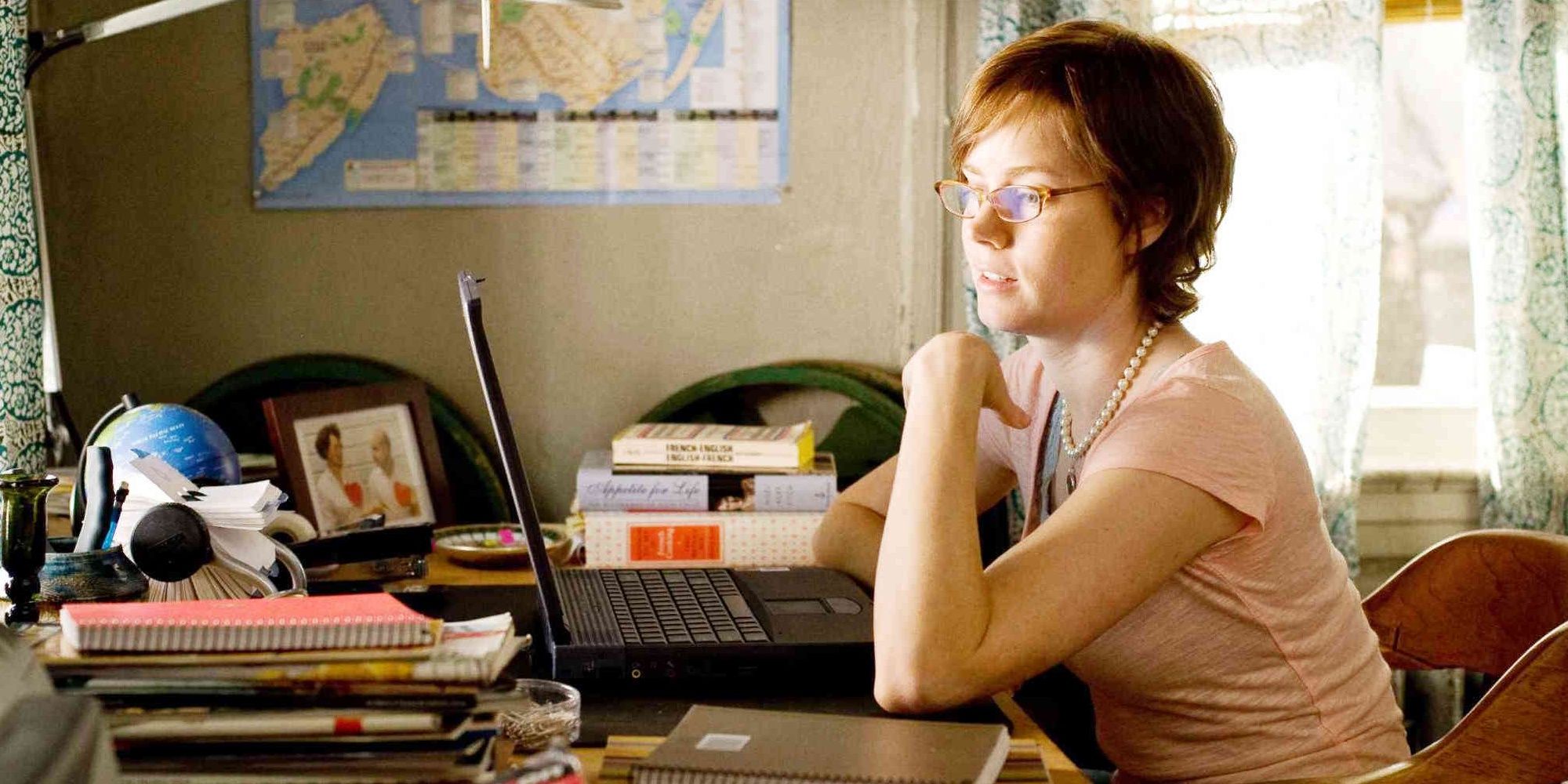
After her friend tricks her into participating in an article interview, which results in an embarrassing feature piece about her, Julie analyzes it to the extent of memorization. She quotes the article back to a friend, who replies "you memorized it? How pathetic." Well, compared to Julia, it is pathetic.
In a particularly notable scene in the movie, Julia looks at something she just cooked and chuckles at its flaws: "Never apologize." Julia is happy with what she makes, or at worst finds it amusing. She feels no need to apologize for herself. Julie is constantly worried about looking like a failure and letting it define her.
1 Using Cooking To Escape a Hated Career
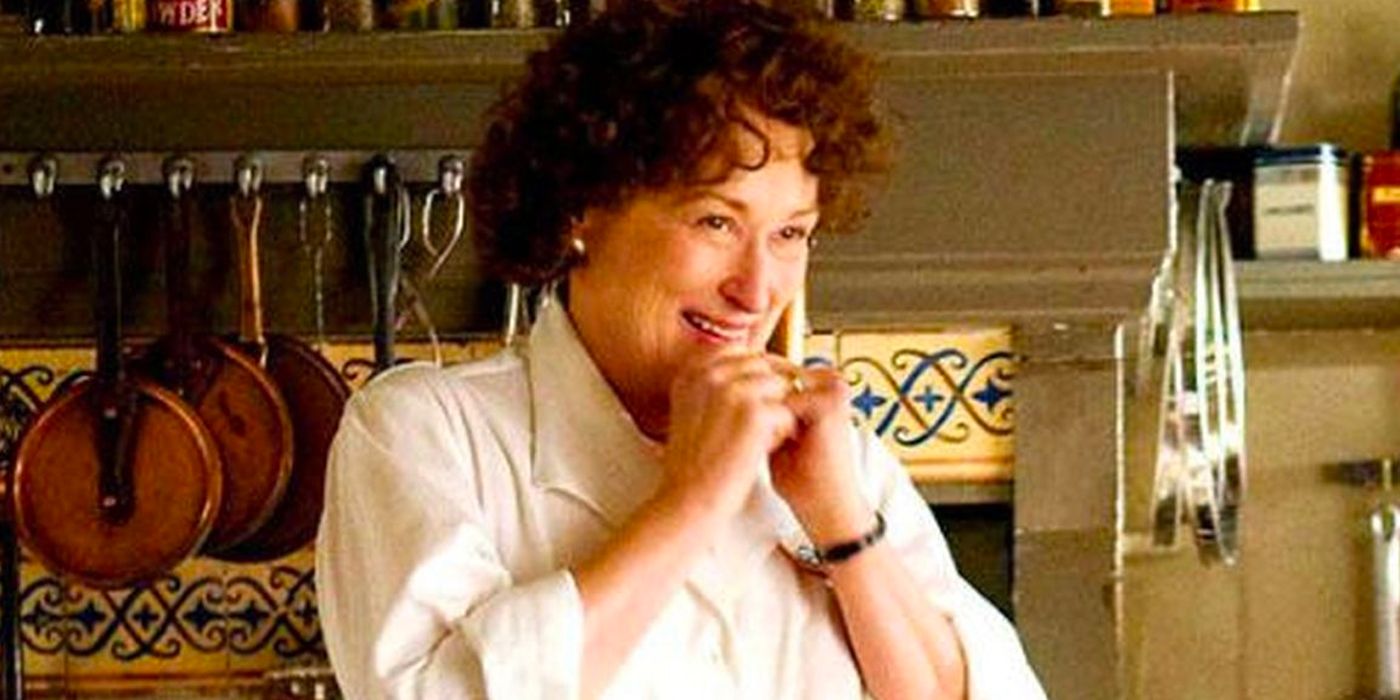
Julie comes to cooking because she is miserable in her career. Julia came to cooking because she loved food, realized she loved cooking. Julie uses her cooking blog as a way to live vicariously through Julia and as a way to escape her day-to-day life. Julia Child loved her life, and her relation to food was only additive to what she already had to enjoy--not something to distract her from what she considered sub-par.
Julia, it seems, would likely consider this to be sad--to spend most of life doing something one disliked and shoving small escapist hobbies into the sidelines.
from ScreenRant - Feed https://ift.tt/39GjGSh

0 Comments